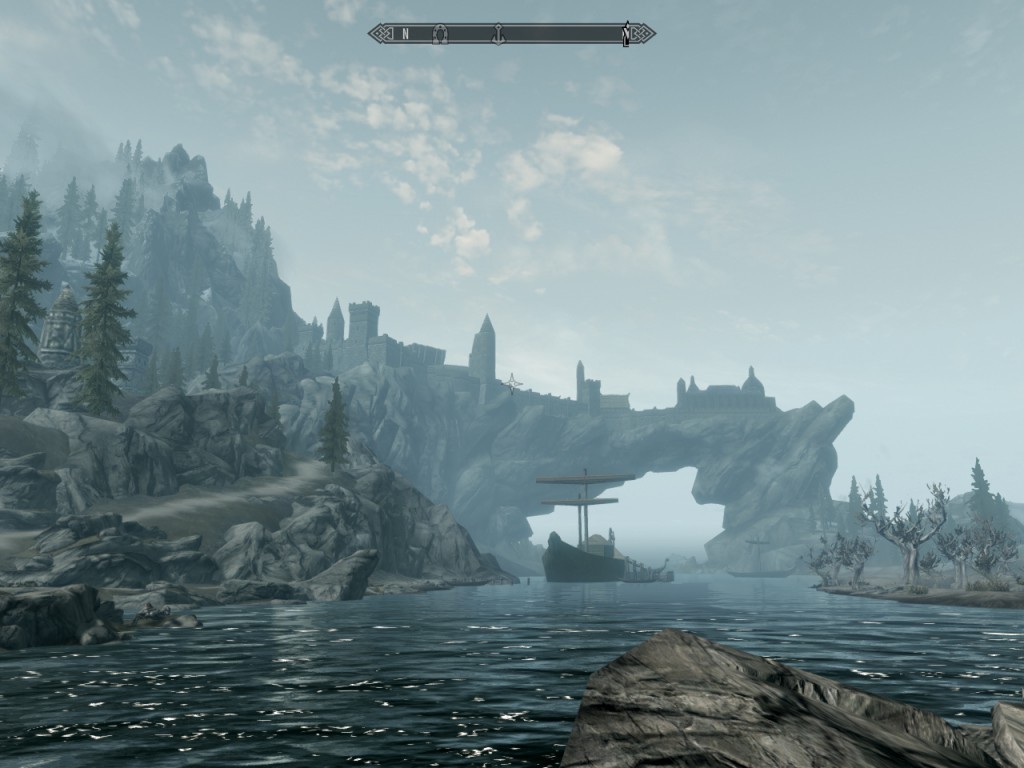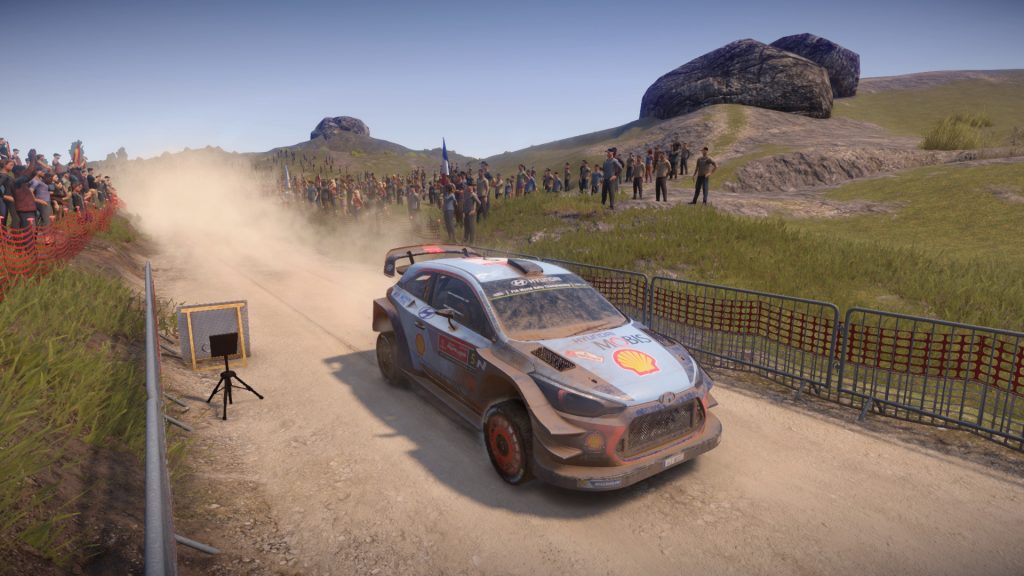A Peaceful and Silent World
During my ongoing literature review I often discover interesting facts about things I’ve never thought about. Sometimes I can connect these facts with my own observations: The result is mostly a completely new idea why things are as they are. Maybe these ideas are new to you, too. Therefore I’ll share my new science based knowledge with you!
This week: This time, I think about how computer games can positively affect our energy and motivation during stressful and chaotic times.
Normally, we play computer games to entertain ourselves by experiencing exciting narratives or overcoming difficult challenges. In addition, depending on a game’s genre, they require us to cooperatively play together with players from all over the world thus ultimately allowing us to make new friends. Finally, computer games, as they provide us with meaningful rewards, often give us the feeling that we accomplished important things and changed the world.
That way, playing computer games and solving a continuous stream of new challenges during the gameplay is a very active process in which we can mentally immerse ourselves. However, this active process is also very physically and mentally demanding and requires a player’s full attention to solve a game’s puzzles or to exhaust the very own skill level. Thus, when a personal level of exhaustion is reached, playing computer games, like all other hobbies, starts to cease being entertaining. This phenomenon, however, is moderated by the game’s complexitiy, e.g. complex strategy games have a higher mental demand whereas first-person shooters rarely require complex decision making.
As a result, during stressful times, when a quick break and distraction is needed to regain some energy to continue working towards the completion of demanding tasks, simple and quick computer games are providing players with the highest degree of satisfaction. This is due to the fact that they save the limited amount of brainpower and still immerse a player in a completely different and entertaining activity.

Skyrim
Alternatively, walking simulators or open world games provide a similar distraction from stressful times as they allow players to delve into a virtual world they can freely explore and enjoy without directly being required to solve challenges. Instead, these games allow players to simply enjoy beautiful and, depending on the game’s visual presentation, even emotional or magical moments without actually playing the game.
For instance, games like Skyrim provide players with a vast and magical environment that features beautiful views and colorful sunsets. Those games can bring a player to a completely different scenery within the fraction of a second and, as a result of this, also allow them to relax during stressful times.
Personally, during the last days before the end of a paper deadline, I observed this behavior myself as I just started Minecraft to explore my virtual world without directly changing something in it. The simple act of enjoying the vista over my small little world from the top of a mountain allowed me to regain some energy and fully distract myself from a long to-do list. After a short amount time, I felt refreshed and ready to continue working.
As a conclusion, small journeys into a quiet and peaceful virtual world can have a very positive effect on the personal energy and motivation level during stressful times.
